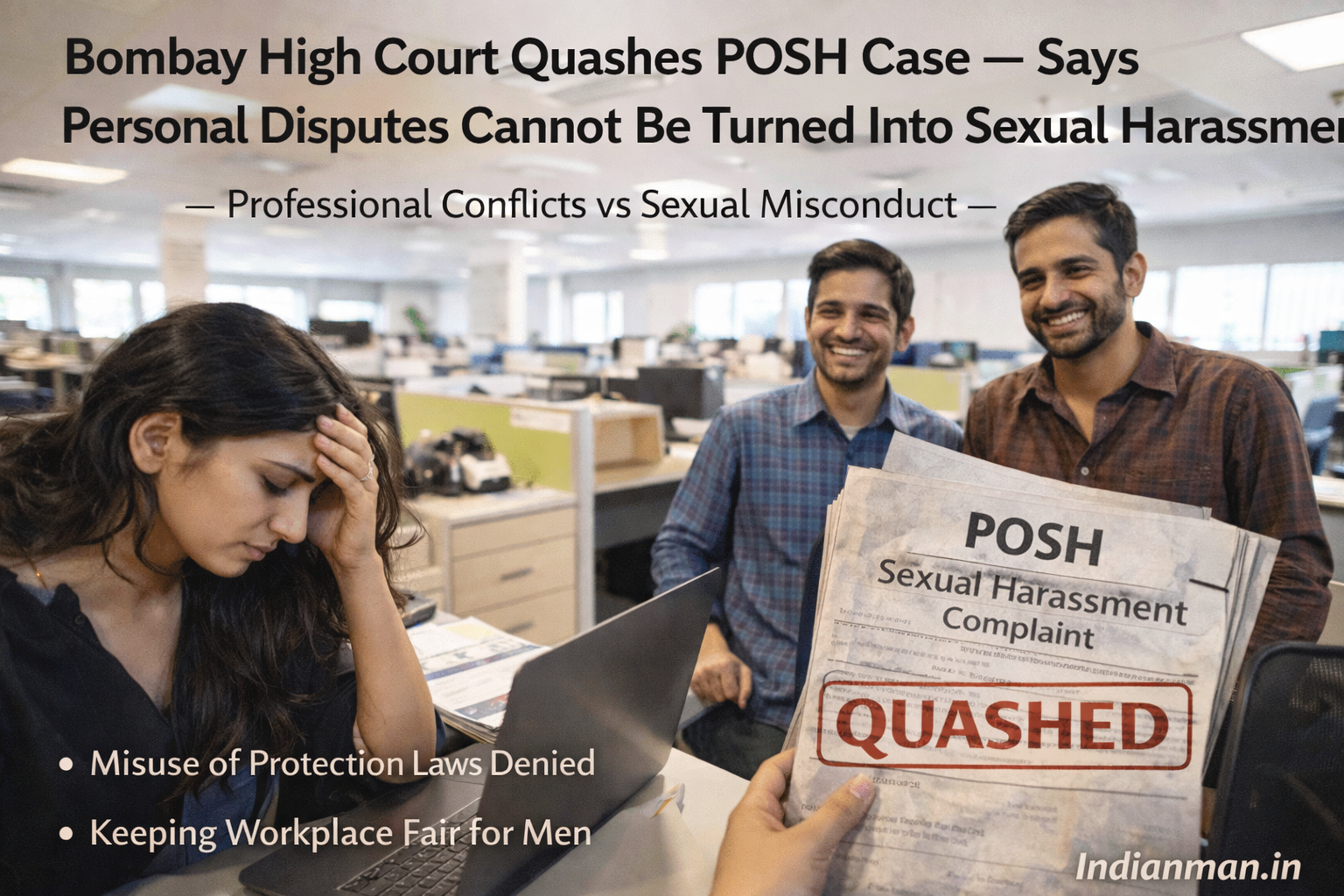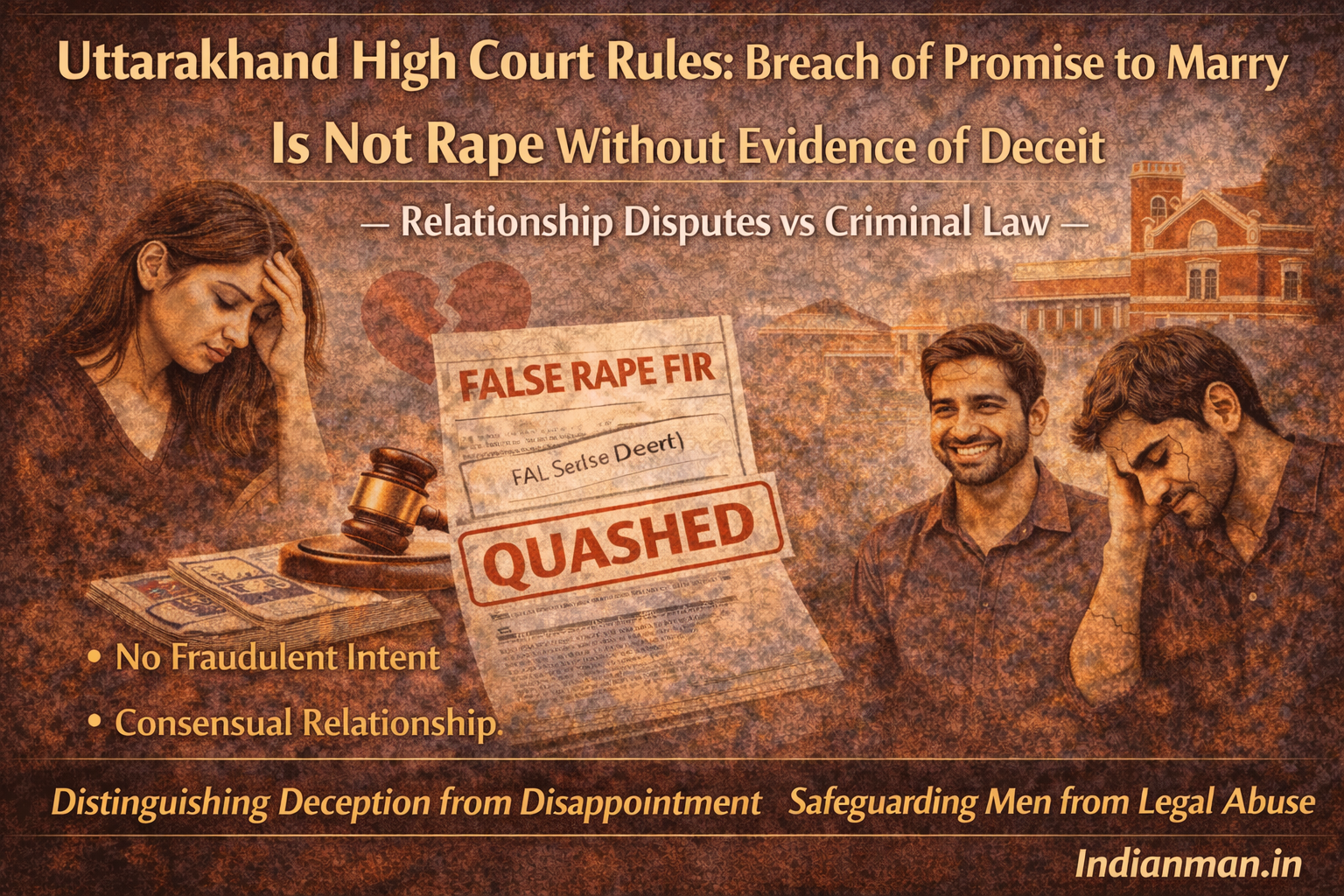Madhya Pradesh High Court Rules Husband Not Liable for Rape Under IPC
The Madhya Pradesh High Court has ruled that a husband cannot be held liable under Indian law for marital rape. The Court stated that non-consensual ‘unnatural’ sex within marriage does not fall under Section 377 of the Indian Penal Code (IPC).
Justice Sanjay Dwivedi dismissed an FIR filed by the wife of Madhya Pradesh Legislative Assembly member Umang Singhar. The wife had accused her husband of rape and engaging in unnatural sexual acts.
The Court highlighted that marital relations are more than just for procreation. Acts between a husband and wife that extend beyond traditional sexual intercourse cannot be labeled as ‘unnatural.’ The judge noted that Section 375 of the IPC, which defines rape, includes all forms of penetration by a husband.
The husband’s lawyer argued that the accusations were baseless since the alleged acts took place within the marriage. After reviewing the case, the Court concluded that the husband’s actions did not constitute offences under Sections 376(2)(n) (rape) and 377 (unnatural crimes) of the IPC.
Both parties were from the same political party and had a long-standing relationship before marriage. Their relationship later deteriorated, leading to mutual complaints. The Court dismissed other charges against the husband, including those under Sections 294 (obscene acts or songs) and 506 (criminal intimidation) of the IPC, terming the prosecution as malicious.
There were no allegations of dowry demand to support a charge under Section 498A (cruelty to woman) IPC. The husband’s plea to quash the criminal complaint was accepted by the Court.
Justice Dwivedi also referenced the Supreme Court judgment in the Navtej Singh Johar case, which ruled that consensual sexual relations between homosexual persons are not a crime. The High Court emphasized that a healthy sexual relationship between spouses is essential for marital happiness and should not be limited to procreation.
The ruling highlights the complexity of marital relations and the legal boundaries within which they operate.
Case details: Umang Singhar V State of Madhya Pradesh
Be a part our social media community:
Facebook: https://www.facebook.com/IndianMan.in?mibextid=ZbWKwL
Instagram:
https://www.instagram.com/indianman.in?igsh=MWZ2N3N0ZmpwM3l3cw==




